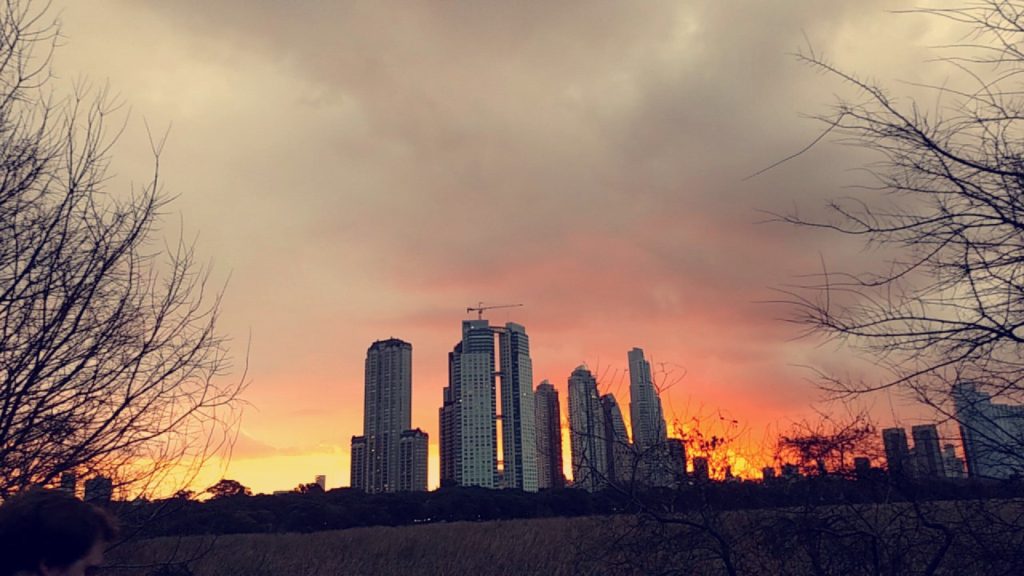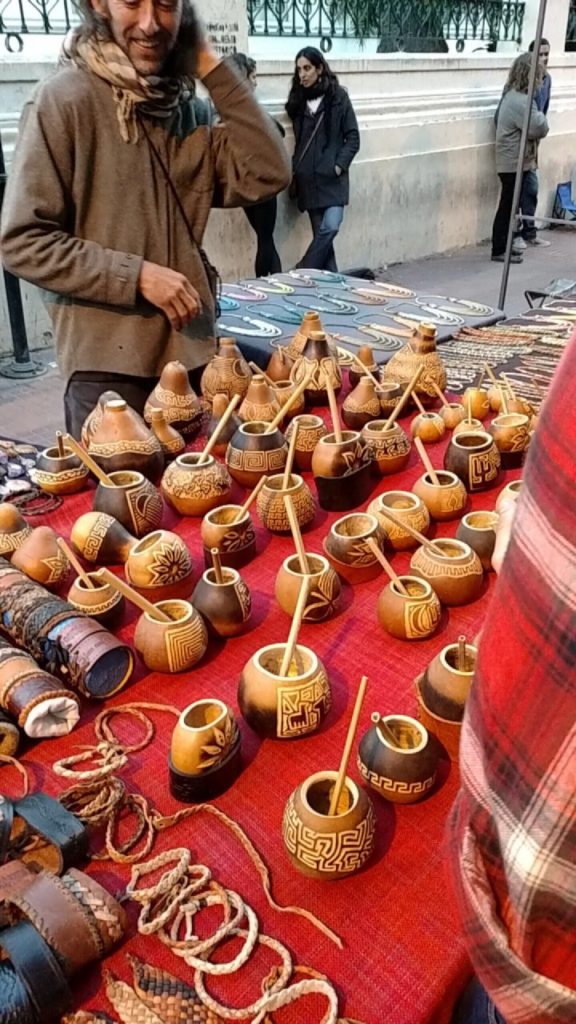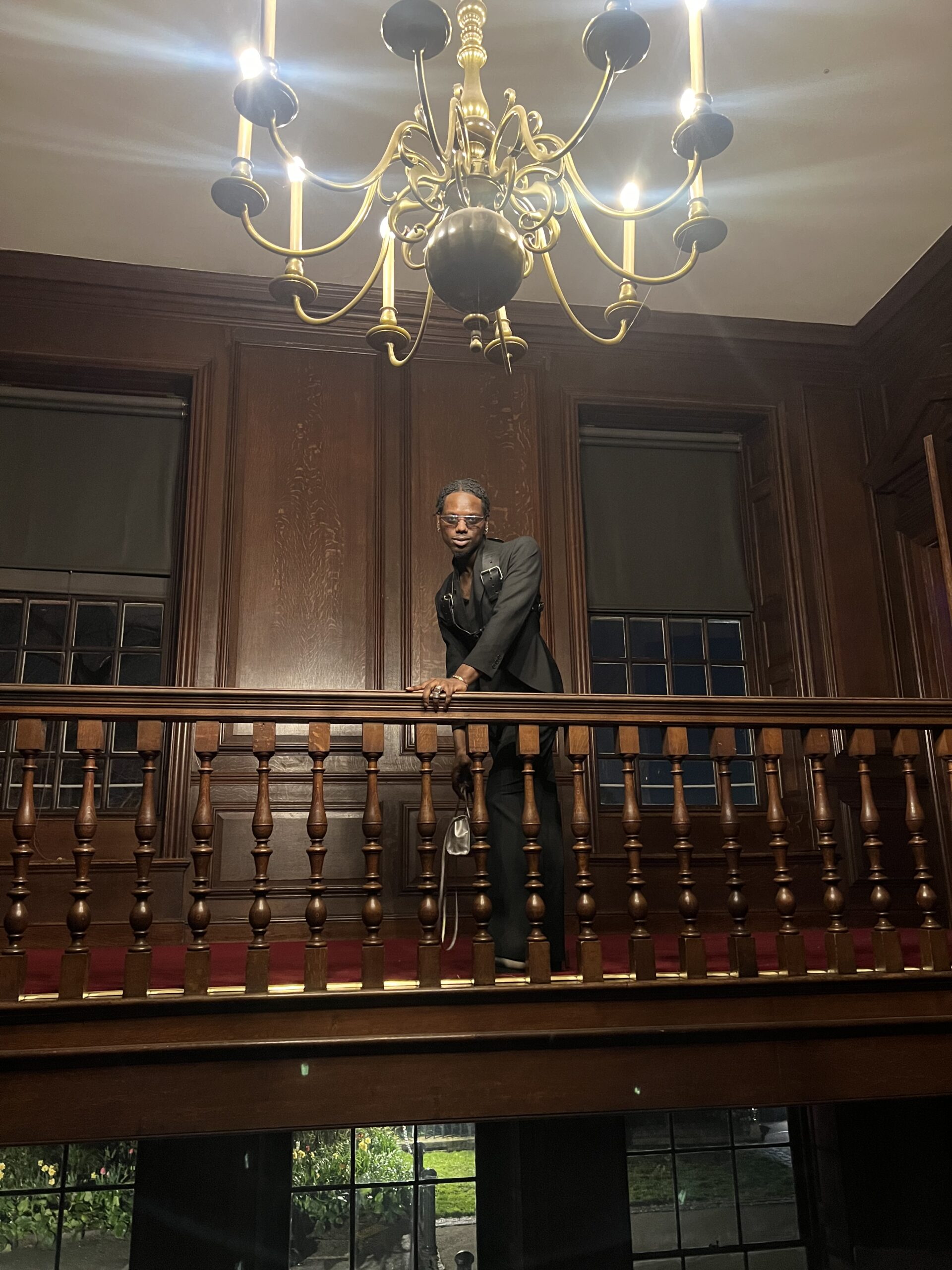Morena en Argentina
In my junior year of college, I heard about this program that gives study abroad opportunities to pre-medical students called The Atlantis Project (https://atlantisglobal.org/). My undergraduate school, unfortunately, had lackluster study abroad opportunities for pre-medical students so when I heard about The Atlantis Project I jumped at the chance to apply. Within a few weeks, I found out that I was accepted to study abroad and shadow in Argentina. I was very excited but unsure of what to expect. I did some research on the culture, packed my bags and headed off on my 10-hour flight.



When I first arrived, I was picked up by our site coordinators and we met up with the rest of our group. There were 12 of us from all over the US… and I was quick to notice that I was the only black woman; as a matter of fact, I was the only black person in the vicinity. We headed back to the hotel and while everyone gathered their things to go settle in, I was pulled aside to discuss a “sensitive matter” as it was described. My site coordinator Paco explained that Argentina was not home to many black people and as a result people would look at me strangely, ask to take pictures, or call me morena which roughly translated to “girl with dark skin”. He explained that in the Argentinian culture the words used to describe a person are simply descriptors with no intention to offend. “If a person has a big nose they will call him or her “big nose”, if a man is short and fat they will call the man gordito“. I was told to prepare myself for such comments and actions and remember not to take offense. I came to find out that my site coordinator was not exaggerating in the slightest. I felt very exposed for the first few days. Everywhere I went, people stared and asked intrusive questions with no regard for my feelings about it. I felt like a piece of art on display. I use that analogy because the stares and the questions as intrusive as they were, were never malicious or judgmental; instead it was all ripe with genuine curiosity. They were intrigued by me and wanted to know more. I was asked about my big hair (I had a long curly crochet hairstyle installed) and was told that my skin was beautiful. I was described by men as exotic and “hermosa” more times than I can count. I cringed at being called exotic every time. People asked what I preferred to be called, African American or colored. I had an in depth conversation about race in America and prejudice in Argentina with an older gentleman over a glass of wine. I thought I would feel isolated, but instead I felt heard and seen. And not seen for all the bad that the structure of white supremacy would like to have more people believe about us people of color. I felt seen for all the good about us, and felt heard instead of being met with a preconceived notion of what I was ‘supposed to be like’. I even taught an Asian boy from our group why he should under no circumstance say the word ‘nigga’ ever again. He would actually stop himself and apologize when he caught himself casually saying again. I appreciated his willingness to learn. Overall my experience being black in Argentina was a wonderful learning experience for me and the people I came in contact with.
By Khadija C.





